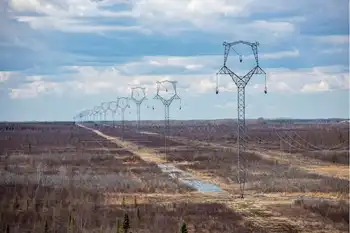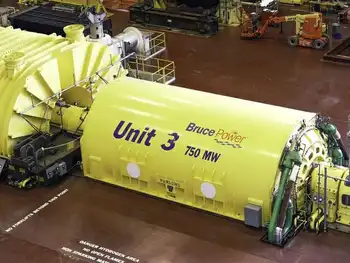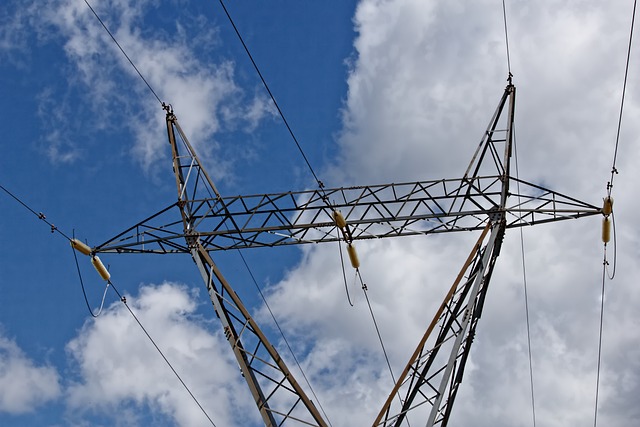Off Beat: For Hanford cleanup, an idea from 1,500 years ago
- People who live in glass hill forts... Well, those people invented something about 1,500 years ago that might help keep nuclear waste from flowing past The Columbian's back door.
Washington State University researchers are among those taking on the challenge of cleaning up 56 million gallons of radioactive and chemical waste at the Hanford Nuclear Reservation.
According to a WSU news release, their project is led by the Department of Energy's Office of River Protection. And most people who can see the Columbia River from their company parking lot would like to protect it from nuclear contamination.
Researchers want to convert the waste into durable glass that can be stored for thousands of years, according to the press release.
Which is what brought WSU engineers and scientists to the Broborg archaeological site near Uppsala, Sweden. About 1,500 years ago, the locals built a hill fort by melting rocks. They piled boulders left by ancient glaciers into two large rings, put a particular type of black rock on top, layered the wall with charcoal and burned it. The molten rock settled between the boulders. When it cooled as glass, it acted as a sort of glue that held the wall together.
"The technique is like nowhere else in the world,"
John McCloy, associate engineering professor, said in the news release. "They heated the rock until it melted -- and it is still quite intact 1,500 years later."
The Broborg site is valuable because researchers know what happened to the glass, how old it is and how it has worn. That can help them improve their models for long-term environmental protection, he said.
Project leader Jamie Weaver, a WSU doctoral student in chemistry, was impressed by those ancient builders.
"Without electricity and all the technology that we have today, they did some really cool work," she said in the news release. "It's pretty awesome how smart and creative they were."
Related News

Minnesota Power energizes Great Northern Transmission Line
MINNEAPOLIS - Minnesota Power, a utility division of ALLETE Inc. (NYSE:ALE), has energized its Great Northern Transmission Line, bringing online an innovative delivery and storage system for renewable energy that spans two states and one Canadian province.
The 500 kV line is now delivering 250 megawatts of carbon-free hydropower from Manitoba, Canada, to Minnesota Power customers.
Minnesota Power completed the Great Northern Transmission Line (GNTL) in February 2020, ahead of schedule and under budget. The 224-mile line runs from the Canadian border in Roseau County to a substation near Grand Rapids, Minnesota. It consists of 800 tower structures which were fabricated in…




